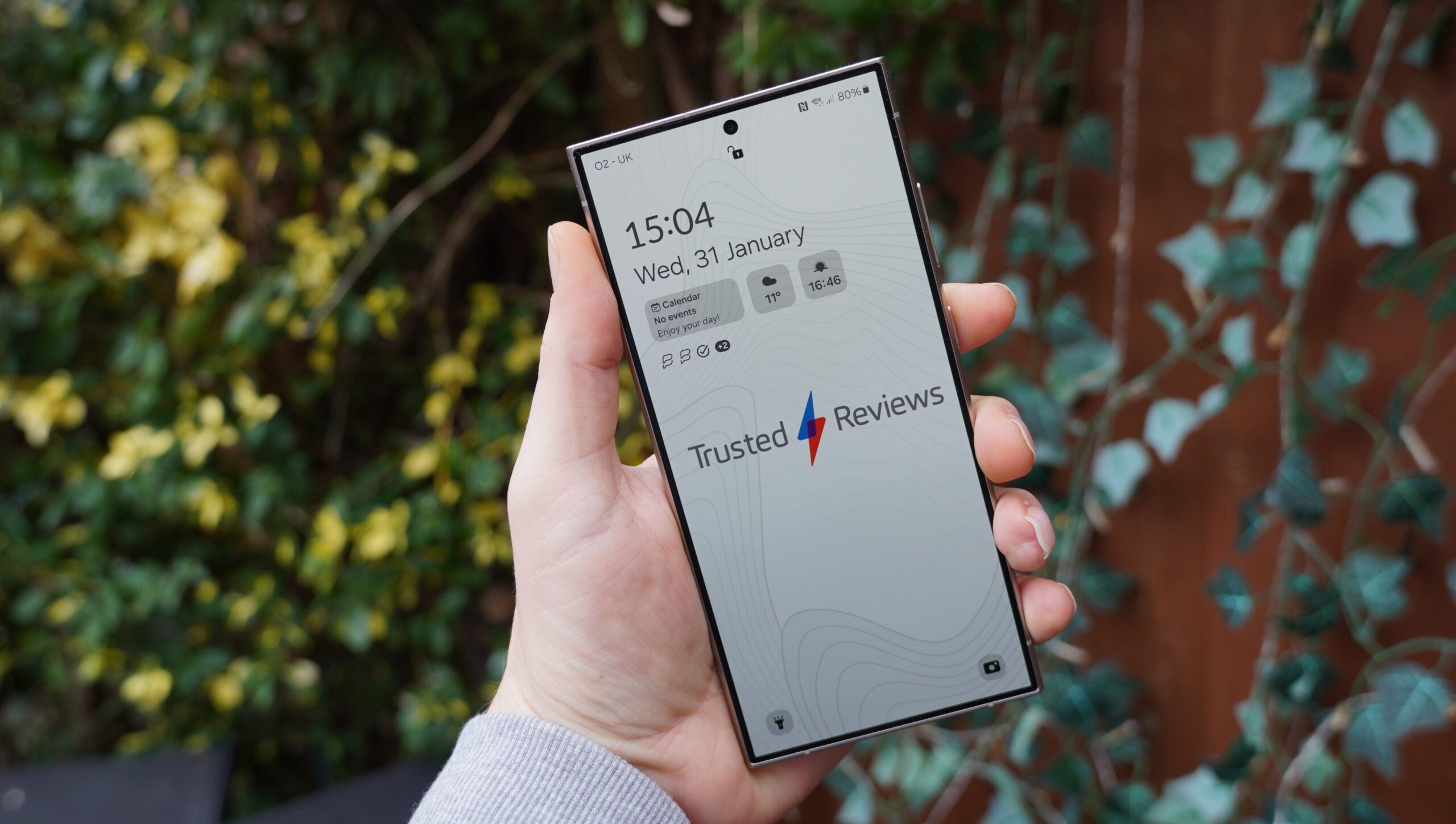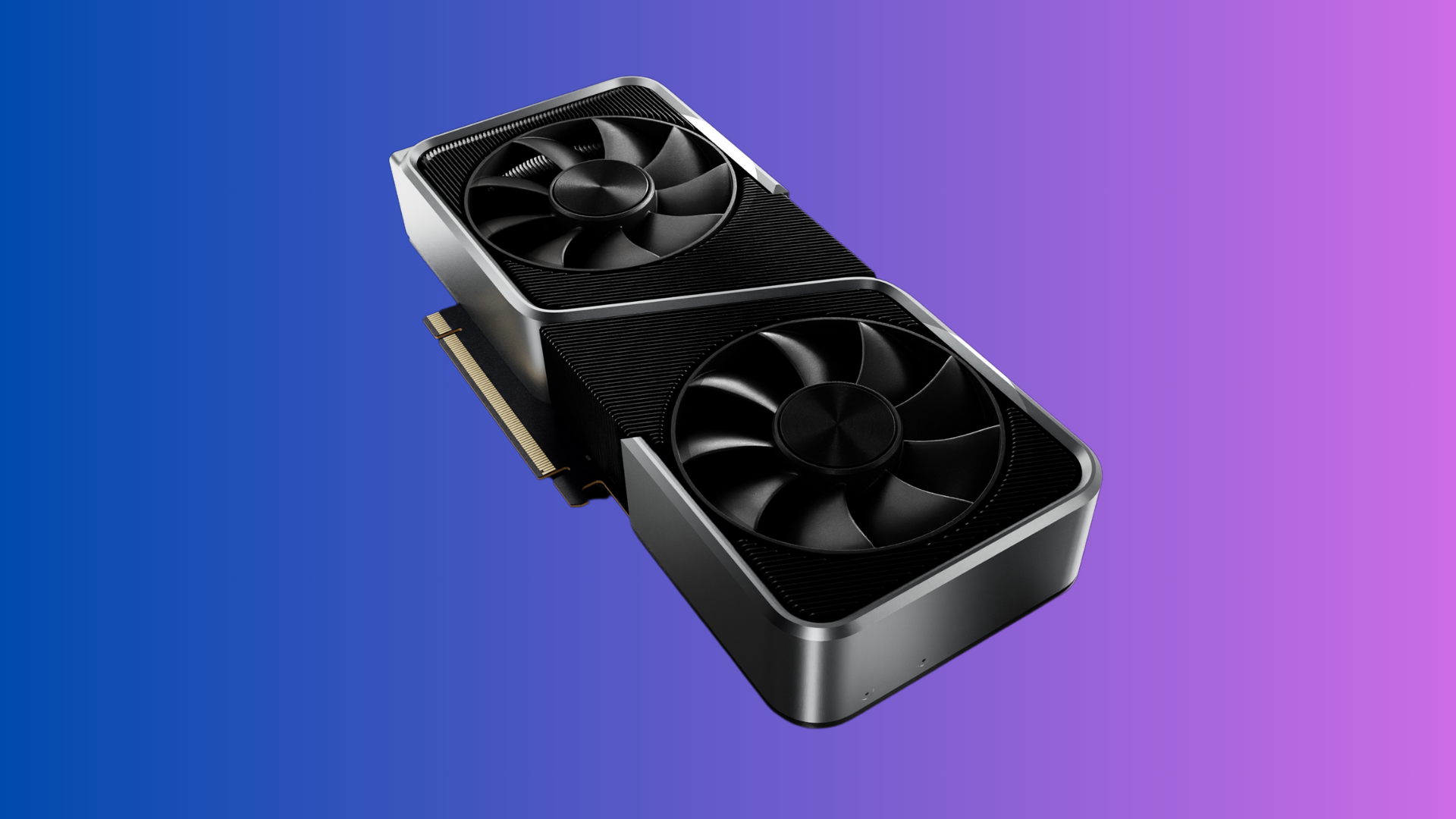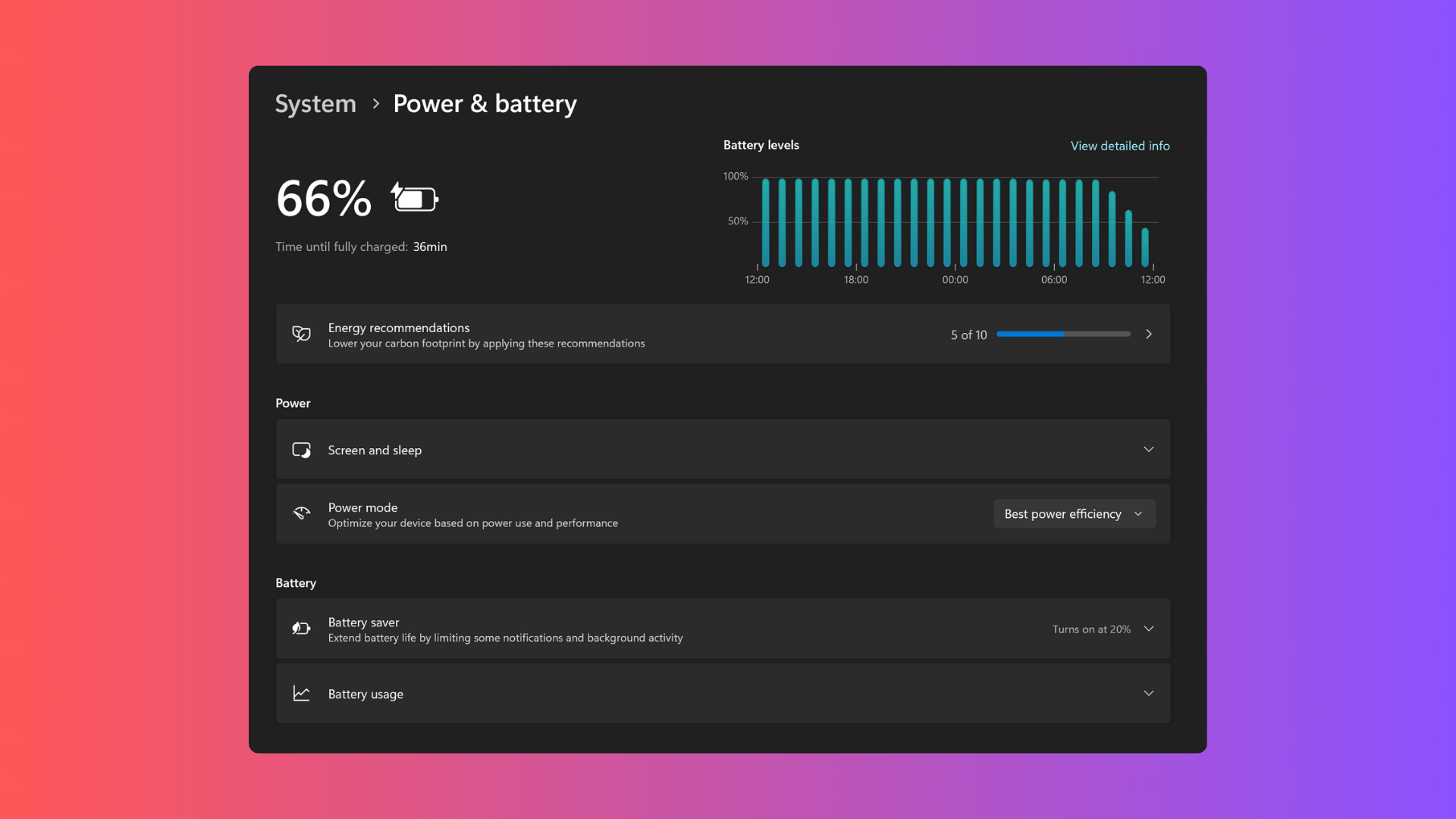What is DLC?
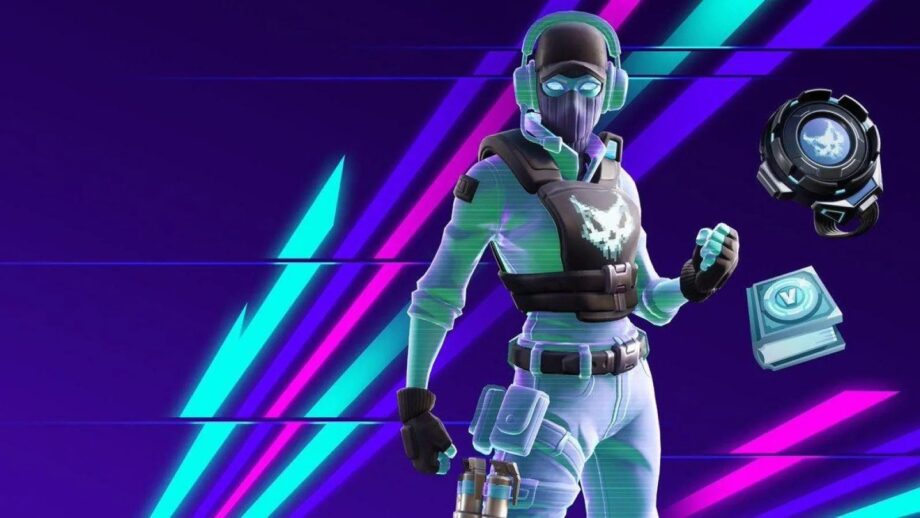
If you’ve played any game in the last few years – be it Call of Duty, Fortnite or even Minecraft – you’ve likely heard of the acronym DLC.
But what does DLC mean and why should you care? We’ve assembled this guide to explain what DLC is, and the different forms that it can take.
What is DLC?
The acronym DLC stands for downloadable content, and is a reference to add-on content for a video game purchase. You’ll need to already own the base game in order to use DLC.
DLC can take a variety of forms, from character skins in Fortnite to entire new game levels such as Blood and Wine for The Witcher 3. You’ll usually have to pay for DLC, but there are instances where it can be given away for free.
For example, Nintendo provides seasonal updates for Animal Crossing: New Horizons for free, giving players access to new items, locations and even gameplay features such as swimming.
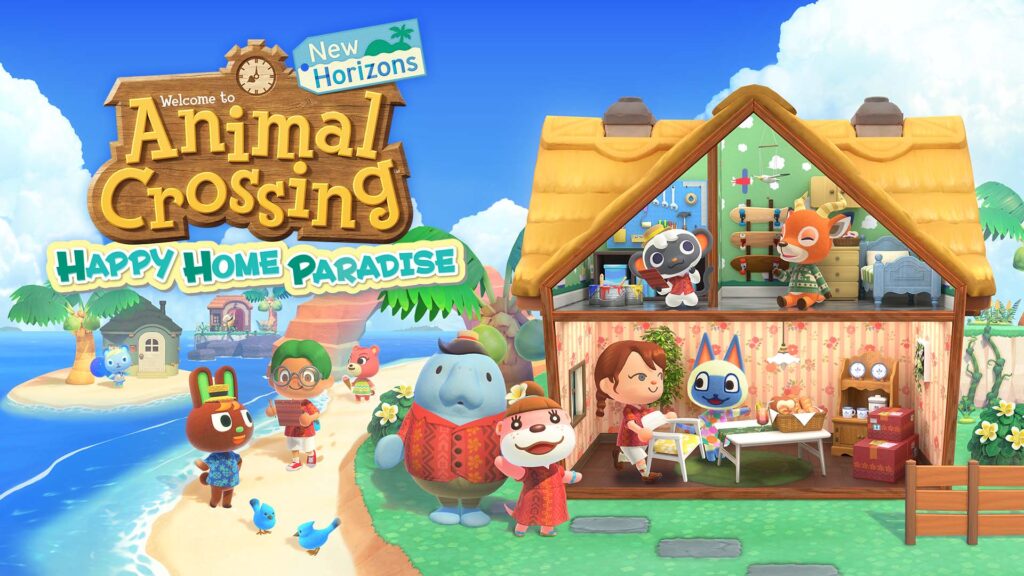
You’ll normally have to download DLC separately to the base game, but studios will sometimes bundle in all of the post-launch content in new releases such as ‘game of the year’ editions.
There are various reasons why studios will release DLC. Usually it’s just to keep people playing the game for as long as possible, which is a common tactic from live-service games such as Fortnite, Apex Legends and more.
Other games, such as The Last of Us and The Witcher 3, simply offer players the chance to play an extra segment of the main adventure, which potentially didn’t make the final cut for the base game.
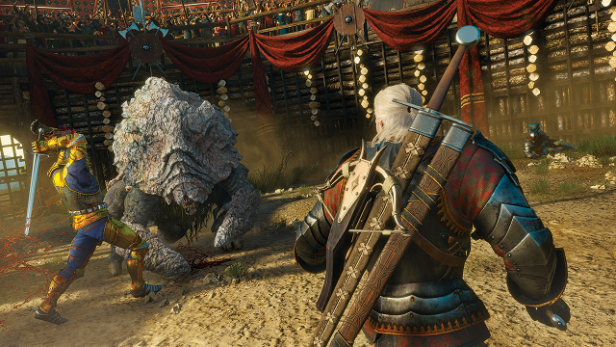
DLC has been criticised extensively in the past few years, especially when it comes to the likes of loot boxes. These are mechanics that enable gamers to gamble with their real money for the chance of unlocking a rare item. FIFA’s Ultimate Team is a notorious example of this, as players can purchase card packs that have a random assortment of football players. It has been suggested that this is a form of gambling, which is exploitative on players.
Critics have also suggested that pay-to-win DLC can give players an unfair advantage in multiplayer games if they’re willing to splash the cash. This can take the form of a high-powered weapon, power buff or even a character skin that easily blends into the background.
But with DLC covering such a wide spectrum of content, it’s arguably too simplistic to say it’s generally good or bad for the game industry. There are plenty of great examples for both sides of the argument.


